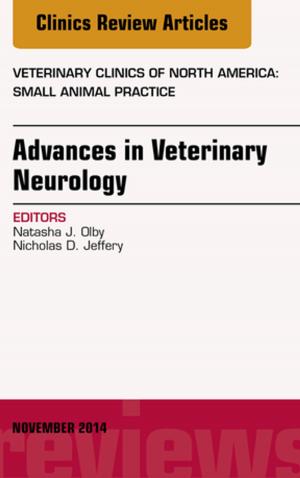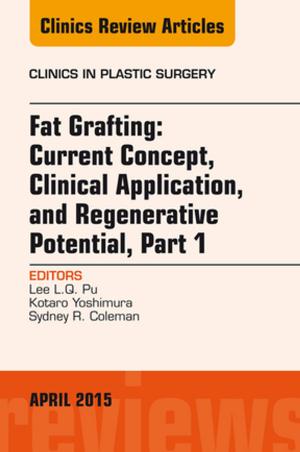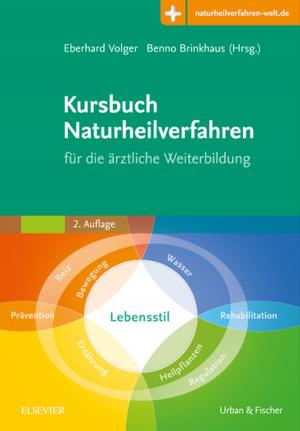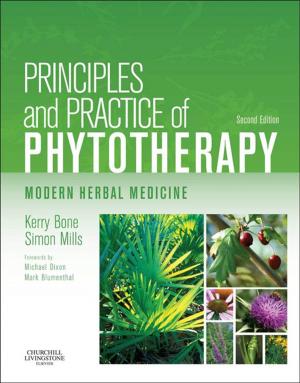Managing Pain
General Practice: The Integrative Approach Series
Nonfiction, Health & Well Being, Medical, Specialties, Internal Medicine, General| Author: | Kerryn Phelps, MBBS(Syd), FRACGP, FAMA, AM, Craig Hassed, MBBS, FRACGP | ISBN: | 9780729581998 |
| Publisher: | Elsevier Health Sciences | Publication: | October 30, 2012 |
| Imprint: | Churchill Livingstone | Language: | English |
| Author: | Kerryn Phelps, MBBS(Syd), FRACGP, FAMA, AM, Craig Hassed, MBBS, FRACGP |
| ISBN: | 9780729581998 |
| Publisher: | Elsevier Health Sciences |
| Publication: | October 30, 2012 |
| Imprint: | Churchill Livingstone |
| Language: | English |
Managing Pain - General Practice: The Integrative Approach. One of the most common reasons for people presenting to a healthcare practitioner is the presence of pain. Taking an integrative approach to pain management is more, however, than adding in alternative or complementary treatments that merely provide another symptomatic approach to the patient’s treatment. Rather, integrative medicine means taking a holistic approach to the person’s experience of pain, assessing the relative contribution of all aspects of their pain, whether physical, psychological or spiritual, and applying the most appropriate treatment that evidence has demonstrated to be effective in the management of that aspect. Integrative pain management may therefore involve the judicious use of medications, stress reduction techniques, behavioural modification and re-examination of purpose and meaning. Any or all of these approaches may need to be considered as part of the prescription that best addresses the needs as well as the desires of the person in pain.
Managing Pain - General Practice: The Integrative Approach. One of the most common reasons for people presenting to a healthcare practitioner is the presence of pain. Taking an integrative approach to pain management is more, however, than adding in alternative or complementary treatments that merely provide another symptomatic approach to the patient’s treatment. Rather, integrative medicine means taking a holistic approach to the person’s experience of pain, assessing the relative contribution of all aspects of their pain, whether physical, psychological or spiritual, and applying the most appropriate treatment that evidence has demonstrated to be effective in the management of that aspect. Integrative pain management may therefore involve the judicious use of medications, stress reduction techniques, behavioural modification and re-examination of purpose and meaning. Any or all of these approaches may need to be considered as part of the prescription that best addresses the needs as well as the desires of the person in pain.















